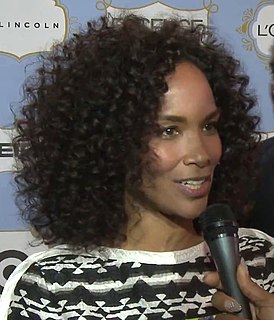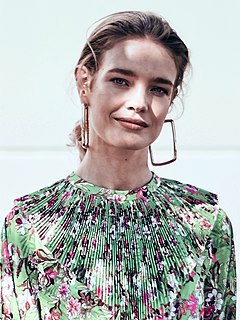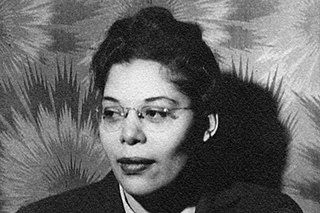A Quote by Toni Morrison
Womanists is what black feminists used to call themselves. Very much so. They were not the same thing. And also the relationship with men. Historically, black women have always sheltered their men because they were out there, and they were the ones that were most likely to be killed.
Related Quotes
When I was growing up, there was no one. There were very few black women in tech; there were very few black women in the fashion game. We didn't have our Grace Jones - Grace Jones was before my time. We didn't really have a lot of black women in electronic and punk who were celebrated in the same levels as, say, your big mega-superstars.
Whatever a 'superior' group has will be used to justify its superiority, and whatever an 'inferior' group has will be used to justify its plight. Black men were given poorly paid jobs because they were said to be 'stronger' than white men, while all women were relegated to poorly paid jobs because they were said to be 'weaker.
Black was bestlooking. ... Ebony was the best wood, the hardest wood; it was black. Virginia ham was the best ham. It was black on the outside. Tuxedos and tail coats were black and they were a man's finest, most expensive clothes. You had to use pepper to make most meats and vegetables fit to eat. The most flavorsome pepper was black. The best caviar was black. The rarest jewels were black: black opals, black pearls.
They wanted black women to conform to the gender norms set by white society. They wanted to be recognized as 'men,' as patriarchs, by other men, including white men. Yet they could not assume this position if black women were not willing to conform to prevailing sexist gender norms. Many black women who has endured white-supremacist patriarchal domination during slavery did not want to be dominated by black men after manumission.
I would say I'm black because my parents said I'm black. I'm black because my mother's black. I'm black because I grew up in a family of all black people. I knew I was black because I grew up in an all-white neighborhood. And my parents, as part of their protective mechanisms that they were going to give to us, made it very clear what we were.
I don't think that there's a target audience at all. These stories were in circulation. The stories were told by men, told in the marketplace by men, but also behind doors by women, but there's no real record of this. It's likely they were told by women to children in their interior rooms. The story could be a negative story, they could be presented as a, "Watch out! Women will get round you, do things to you, weave you in their toils." It could be buried in it an old cautionary story about women and their wiles.
The strange thing about my life is that I came to America at about the time when racial attitudes were changing. This was a big help to me. Also, the people who were most cruel to me when I first came to America were black Americans. They made absolute fun of the way I talked, the way I dressed. I couldn't dance. The people who were most kind and loving to me were white people. So what can one make of that? Perhaps it was a coincidence that all the people who found me strange were black and all the people who didn't were white.
For women, marriages foreclosed often resulted in an accumulation of booty; for men, these failed projects of implausible optimism were more likely to manifest themselves in material lack. It was hard to resist the metaphorical impression that women got to keep the past itself, whereas men were simply robbed of it.







































